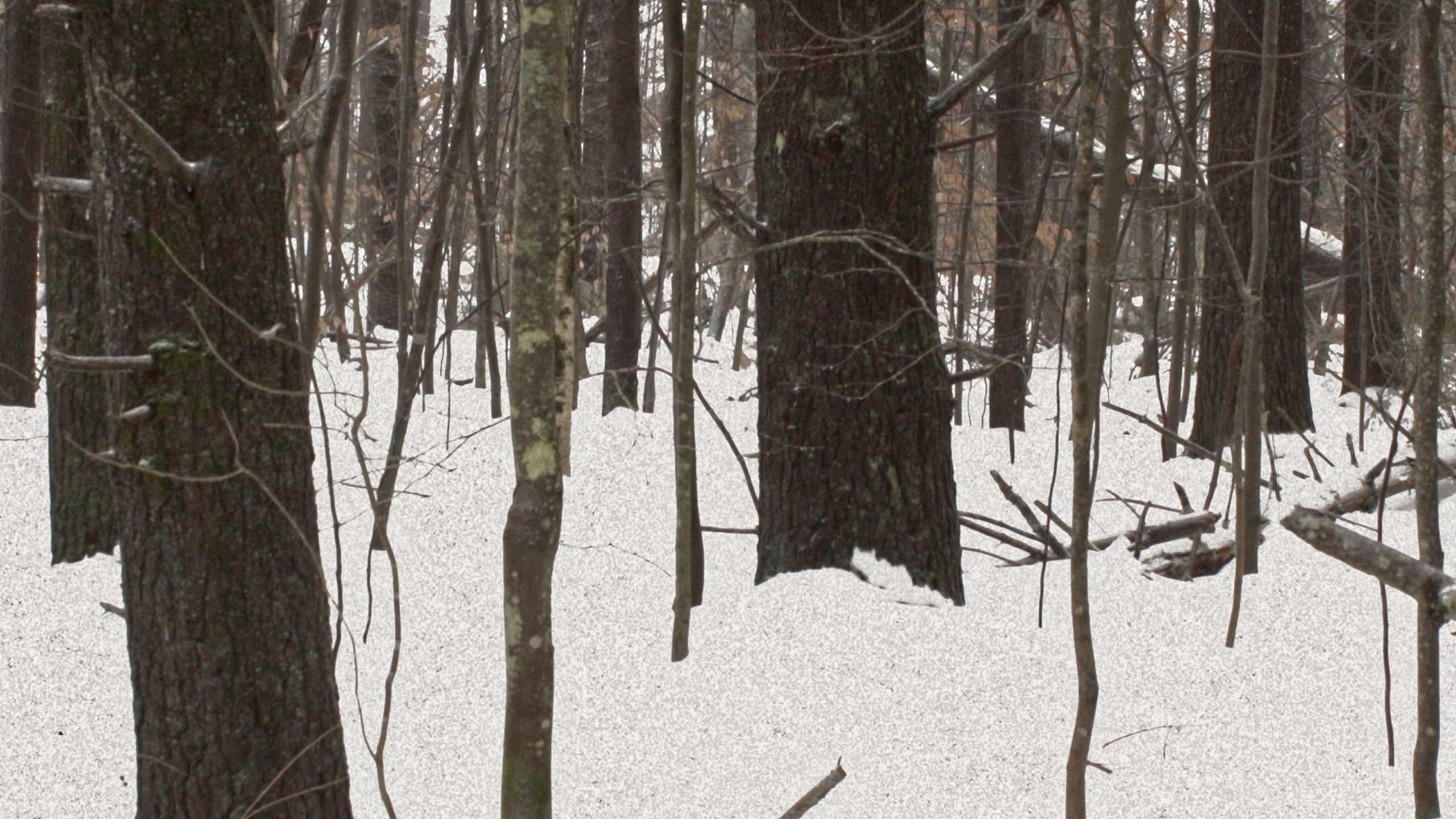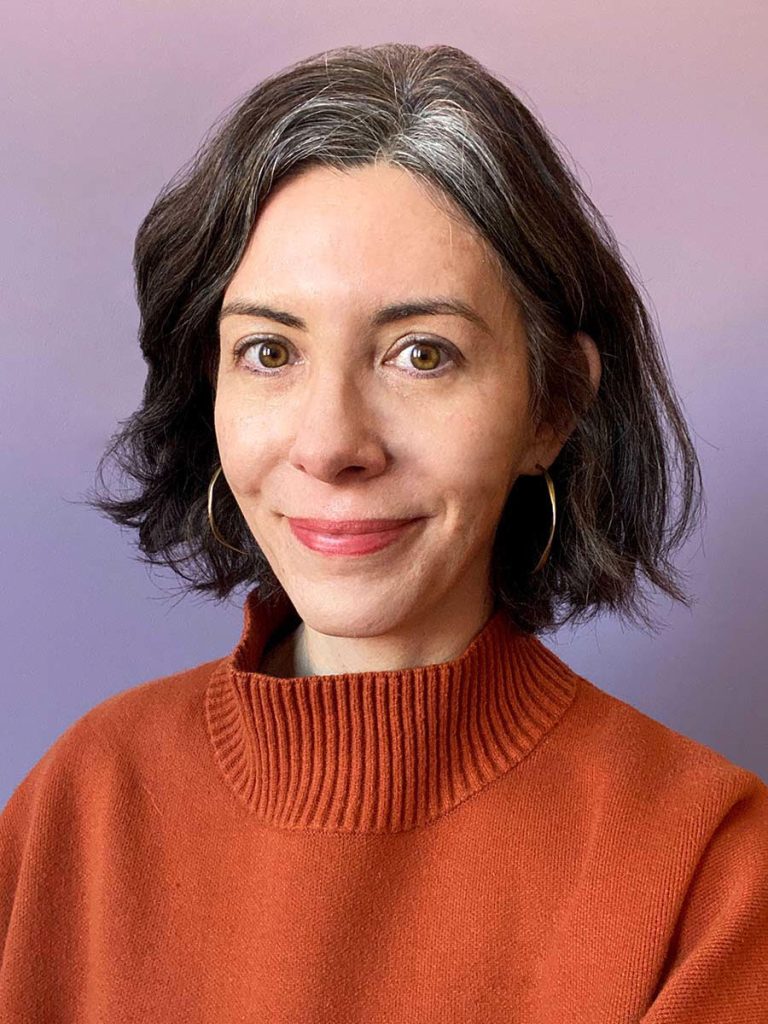
If you’re an independent filmmaker, getting into the Sundance Film Festival is high on your wishlist.
“It’s such a big festival, and it’s such an industry festival,” Kelly Sears says. “I’m ecstatic that my little, scrappy film is invited to play amongst the big, new film machine that Sundance is.”
The filmmaker and CU-Boulder Cinema Studies & Moving Image Arts professor knows: The Lost Season is Sears’ fifth short in the big dance — her first was in 2008 — and every year, the festival keeps growing.
“I have to give them credit for programming the film that’s kind of a fiction, kind of a documentary, kind of an animation, kind of experimental — that exists across all of these genres — and making a home for it in their big 40th festival,” she says of The Lost Season. “I’m very grateful for that.”
Screening in Park City, Utah, on Jan. 18-28 — with a limited online component for those not venturing to the snowy mountain town — the 40th Sundance Film Festival kicks off the moviegoing year with premieres big and small. For many, Sundance can make a career based on a good screening and rhapsodic reviews that lead to a distribution deal. That places Sears and The Lost Season in a unique category.
“My films don’t have to become commodities,” the professor explains. “I’m really fortunate to have this rad teaching job that I love, and I get to make the weird films that I want without any of the pressure of, ‘This has to get distribution; this has to get picked up.’”
It’s a nice irony, considering Sears’ short is all about the financial exploitation of images — specifically, through on-demand streaming companies hiring videographers to capture at-risk ecosystems before they vanish and then monetizing them through their platforms.
The idea came to Sears on one of her many walks away from her animation station. “What if this was the last winter?” The answer seems obvious: Capture on camera what’s left before it’s gone.
But what would happen with that footage is the crux of Sears’ swift-moving narrative that covers climate profiteering, labor disputes, moral quandaries and radical manifestos.
“It covers a lot of ground in six minutes,” Sears says with a laugh.

Time out of mind
With narration by fellow filmmaker and Cinema Studies professor Skinner Myers, The Lost Season is the next step in Sears’ “appropriation-based film practice” of going to secondhand book stores, thrift stores and library sales, “finding cast-off books and re-homing them and giving them new lives in films.” A low-to-the-ground practice not dependent on a lot of resources or people “besides some paper,” Sears explains.
But unlike her earlier shorts, The Lost Season is constructed from time-lapse photography with Sears layering stop-motion, collage and other forms of animation.
“I felt like I was cheating,” Sears says of The Lost Season. “Doing these time-lapses for part of the film felt a little hands-off. And then I realized: I have all of these images of snow. I can use the snow as a white screen. That became a way to open up and puncture the image, and all of these ideas of rupturing the frame — through glitching, through static, through noise — started to emerge.”
Since Sears shot The Lost Season on an aging 2009 Canon Rebel XS, the film retains the time-out-of-mind aesthetic Sears has honed since The Drift played the 2008 Sundance Film Festival.
“I actually like how out-of-date it looks, because it’s hard for me to place where it’s at,” Sears says. “Is it the past? Is it something else? I’m not sure. The image is really ambiguous to me.”
As ambiguous as the image may appear, the intent of The Lost Season is not.
“The solution is not to record what’s left and then make an on-demand streaming company to remember when it’s gone,” Sears says. “There are so many other solutions before we get to that point.”
The Lost Season won’t be the last word from Sears on the matter. She’s working on a larger project that will expand her “speculative-docu-animation” narrative.
“I’m producing a constellation of these that are later going to be housed in a bigger film,” she says. “And that’s a really strange model, because my idea is that at least three if not four [of these shorts] will have lives at festivals, and then they’ll go back out into the world — but I don’t know where or how — in this larger thing that’s all packaged together.”
Sears estimates the finished movie will resemble a 70-minute collage with shorts like The Lost Season woven into and interrupting the narrative like “chapters in the film.”
But before we get there, Sears and The Lost Season are making a stop at Sundance. After that, the sky’s the limit.
ON SCREEN: The 40th Sundance Film Festival screens in Park City, Utah, Jan. 18-28 and online Jan. 25-28. The Lost Season plays in the Short Film Program 2.
